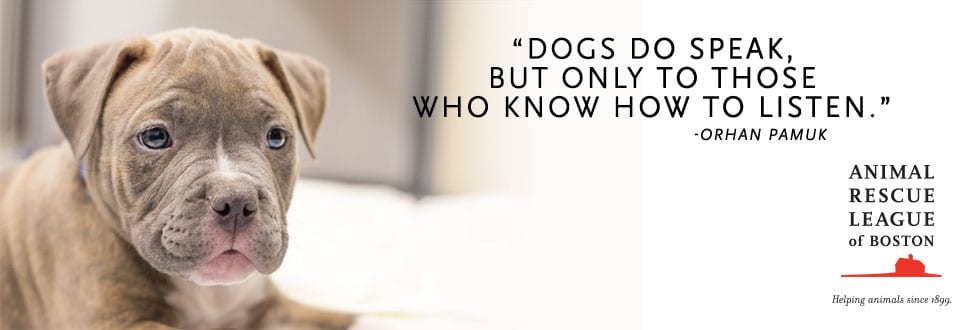ARL Volunteers Are Amazing — Thank You!
Celebrations Mark Volunteer Appreciation Week
It’s Thank You Thursday, and the Animal Rescue League of Boston (ARL) would like to extend a very special thank you to the nearly 550 volunteers that allow the organization to fulfill its mission of being an unwavering champion for animals in need.
ARL volunteers give thousands of hours of kindness every year, performing a variety of duties with one goal in mind – keeping our animals happy and healthy. Each and every one of ARL’s volunteers are dedicated, caring, and inspiring.
“I’m so lucky to have my job revolve around such amazing people,” said Debby Vogel, ARL’s Associate Director of Volunteer Services. “I’m so thankful for all those who donate their time and their hearts to ARL!”
To show our appreciation, this past week ARL held special volunteer events at its Boston, Dedham, and Brewster Animal Care and Adoption Centers.
A number of volunteers stood out this past year, earning special honors:
Best of Boston – Betsy Jones
Best of Boston – Liz Watson
Dedham’s Most Dignified – Desiree Artu
Cape’d Crusader – Lesley Roberts
Mobile’s Most Marvelous – Kim Cochrane
ARL’s Unsung Hero – Esther Mastrangelo
Admin’s Above and Beyond – Debbie Owen
Our Four Footed Friends Favorite Foster Parent – Molly Montgomery
Rookie’s Magic – Jamal Effee
Additionally, for the first time, ARL staff were also honored by volunteers:
Boston Volunteers Choice – Michelle Polin
Brewster Volunteers Choice – Dawn Lee Laub
Dedham Volunteers Choice – Alicia Muller
Get Involved
If you love animals and are looking to lend your hand and heart to helping animals in need, visit our volunteer page for more information and opportunities.

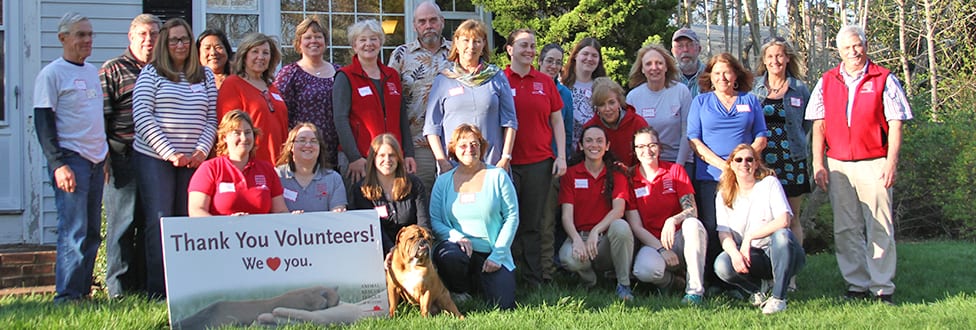

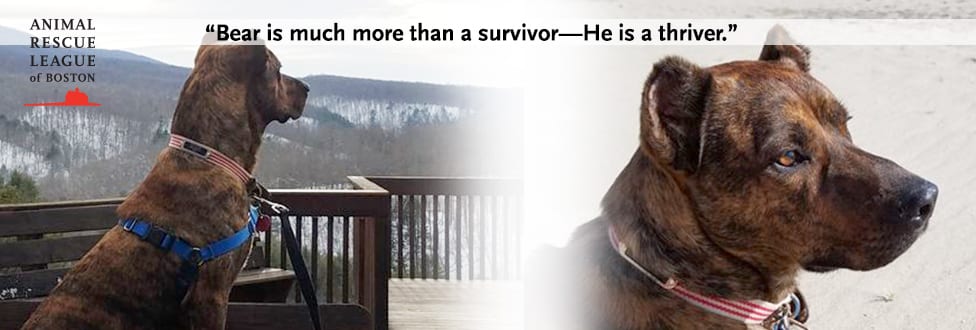


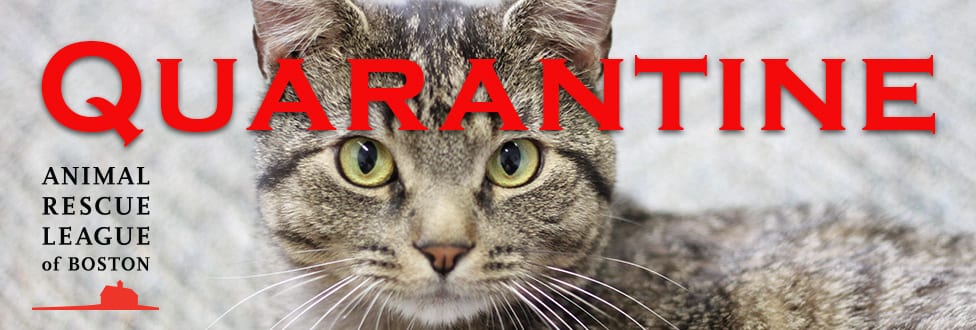





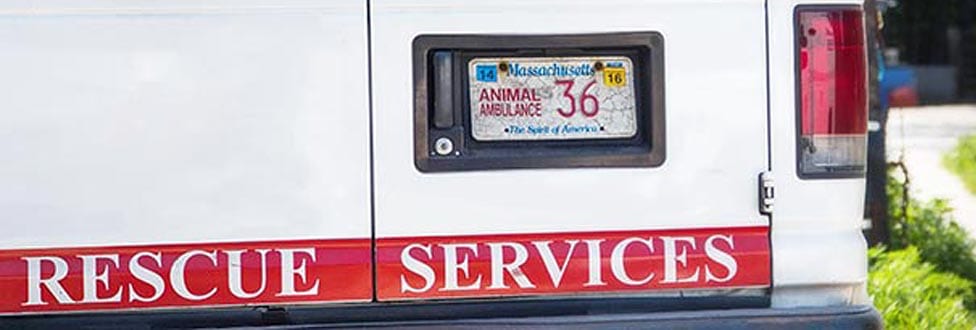




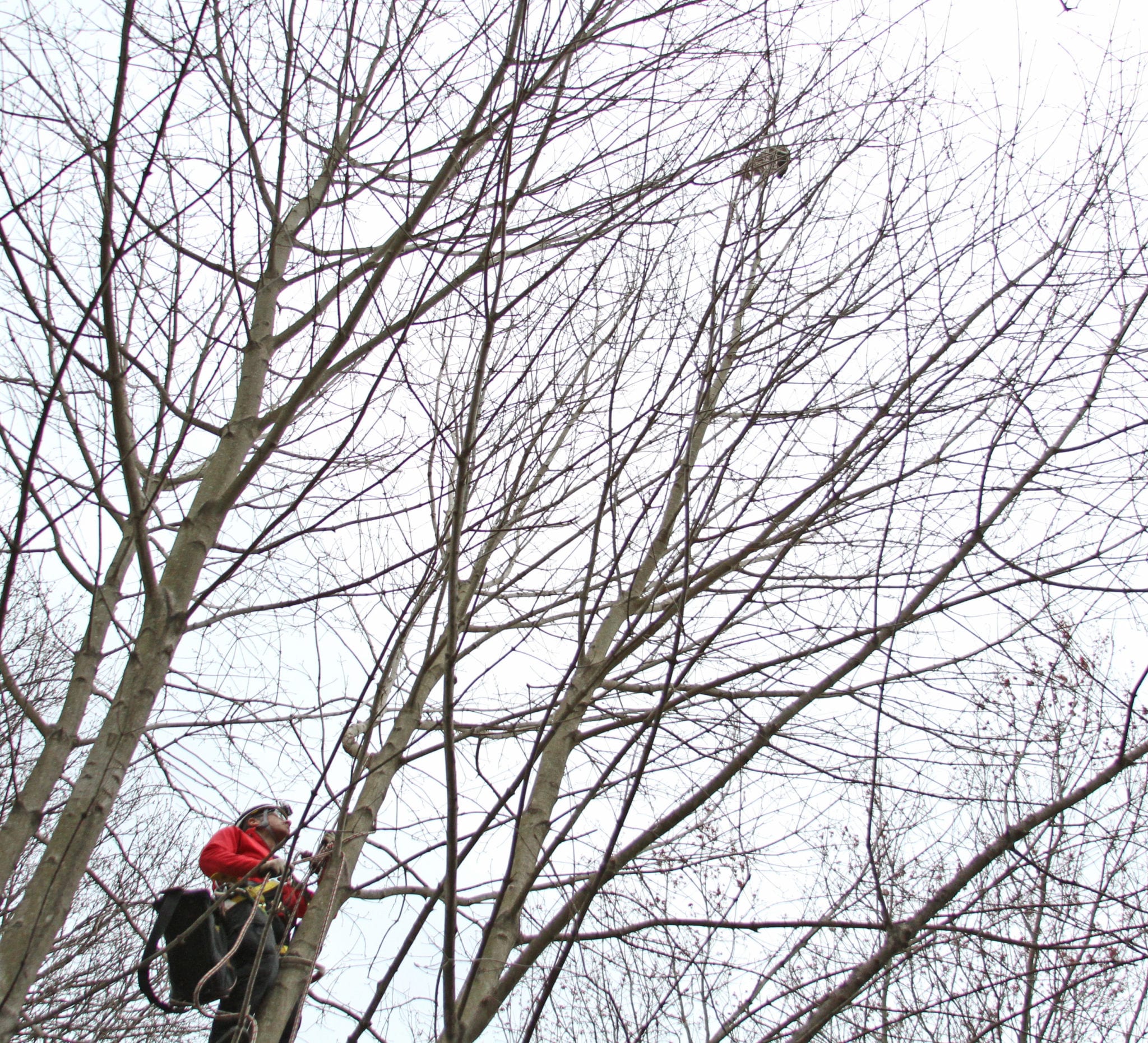
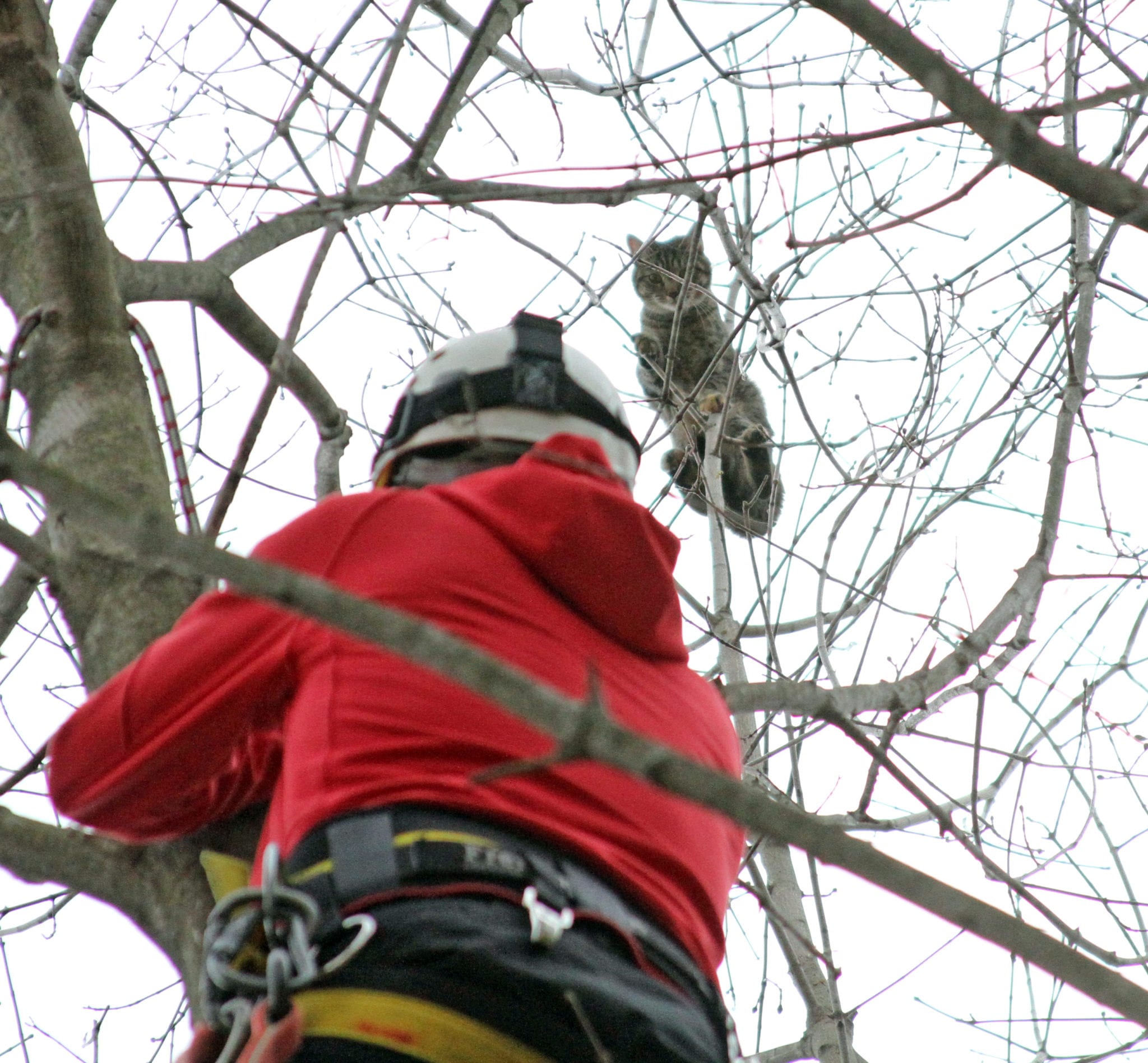
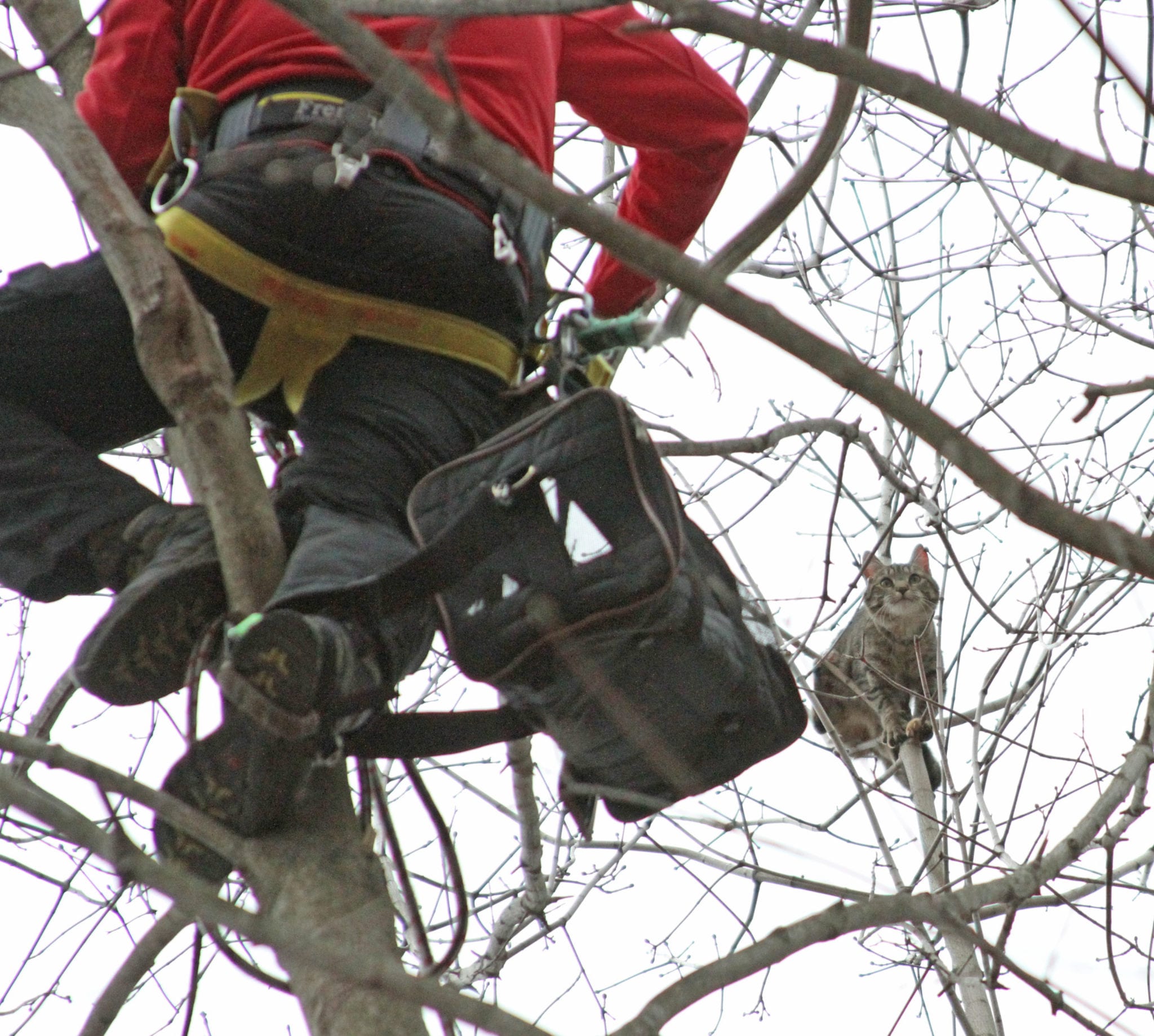
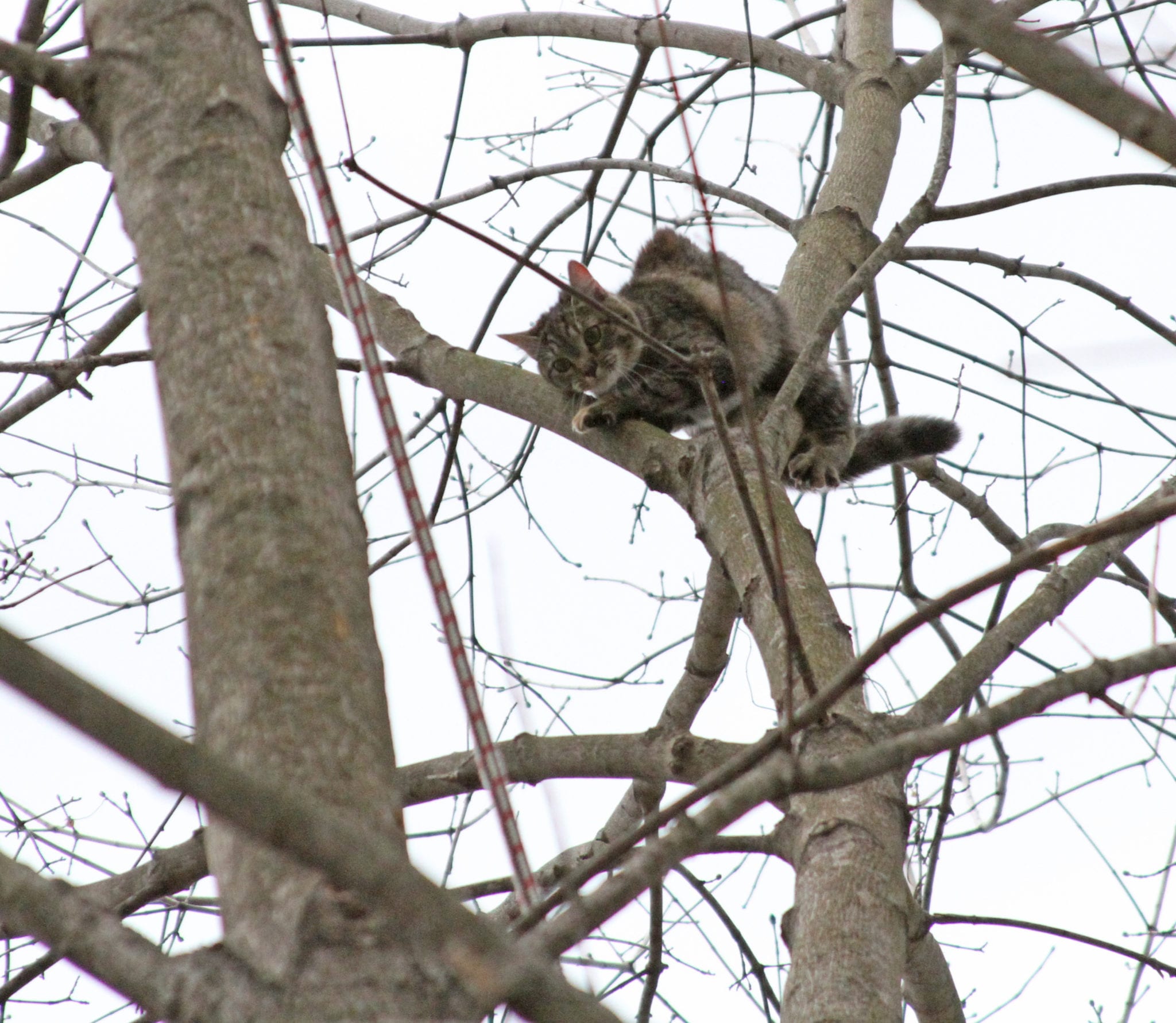
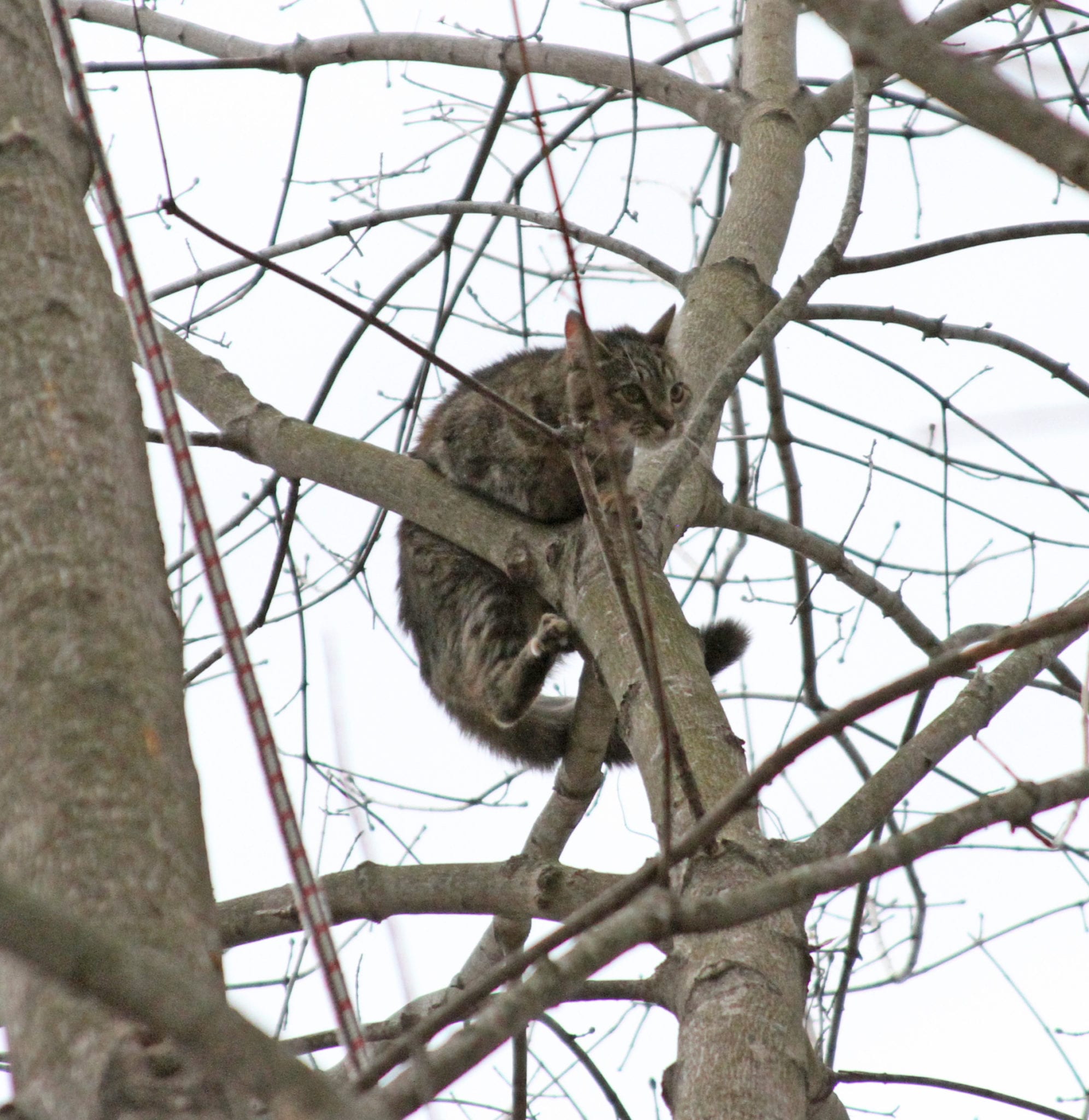
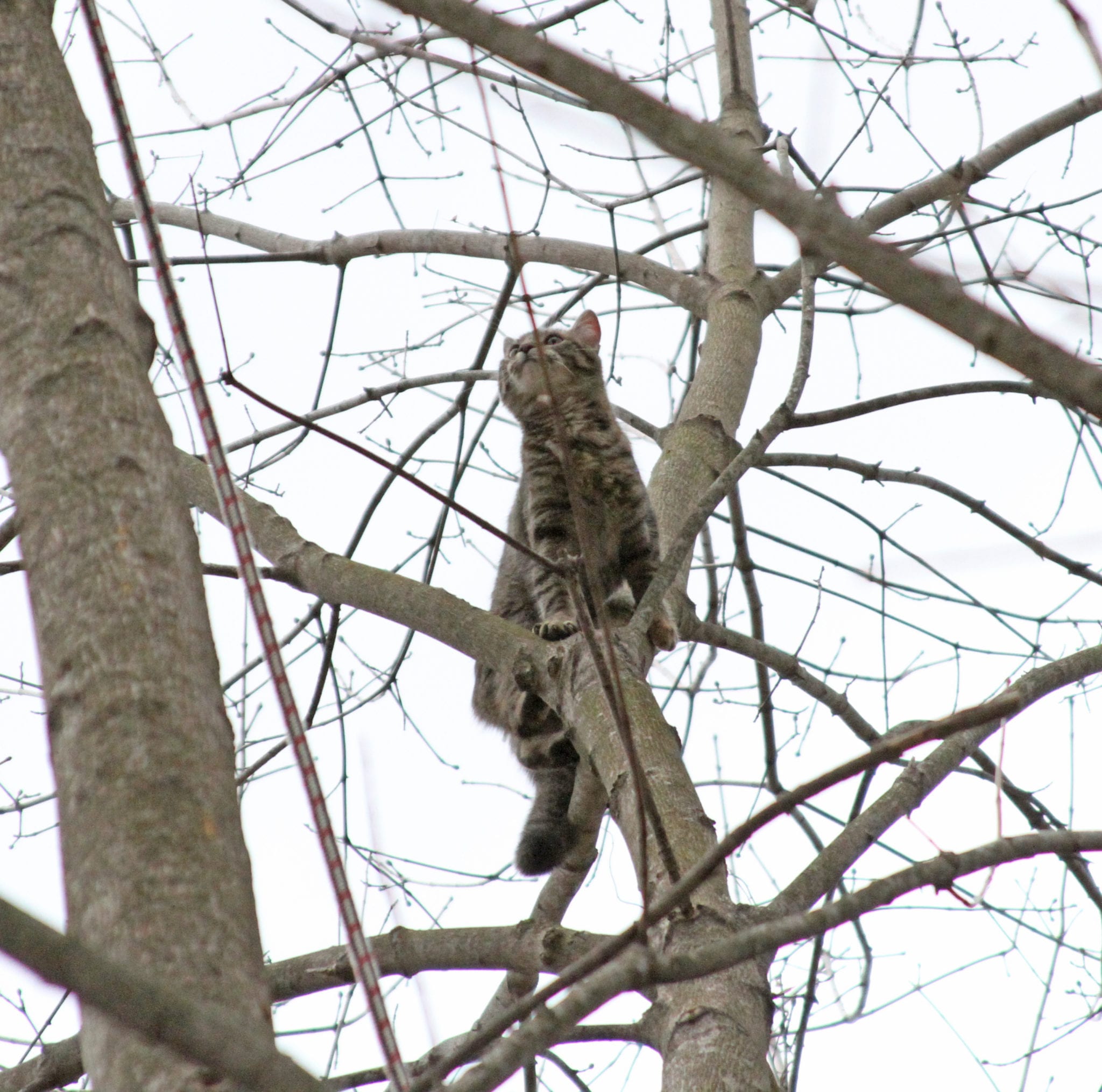
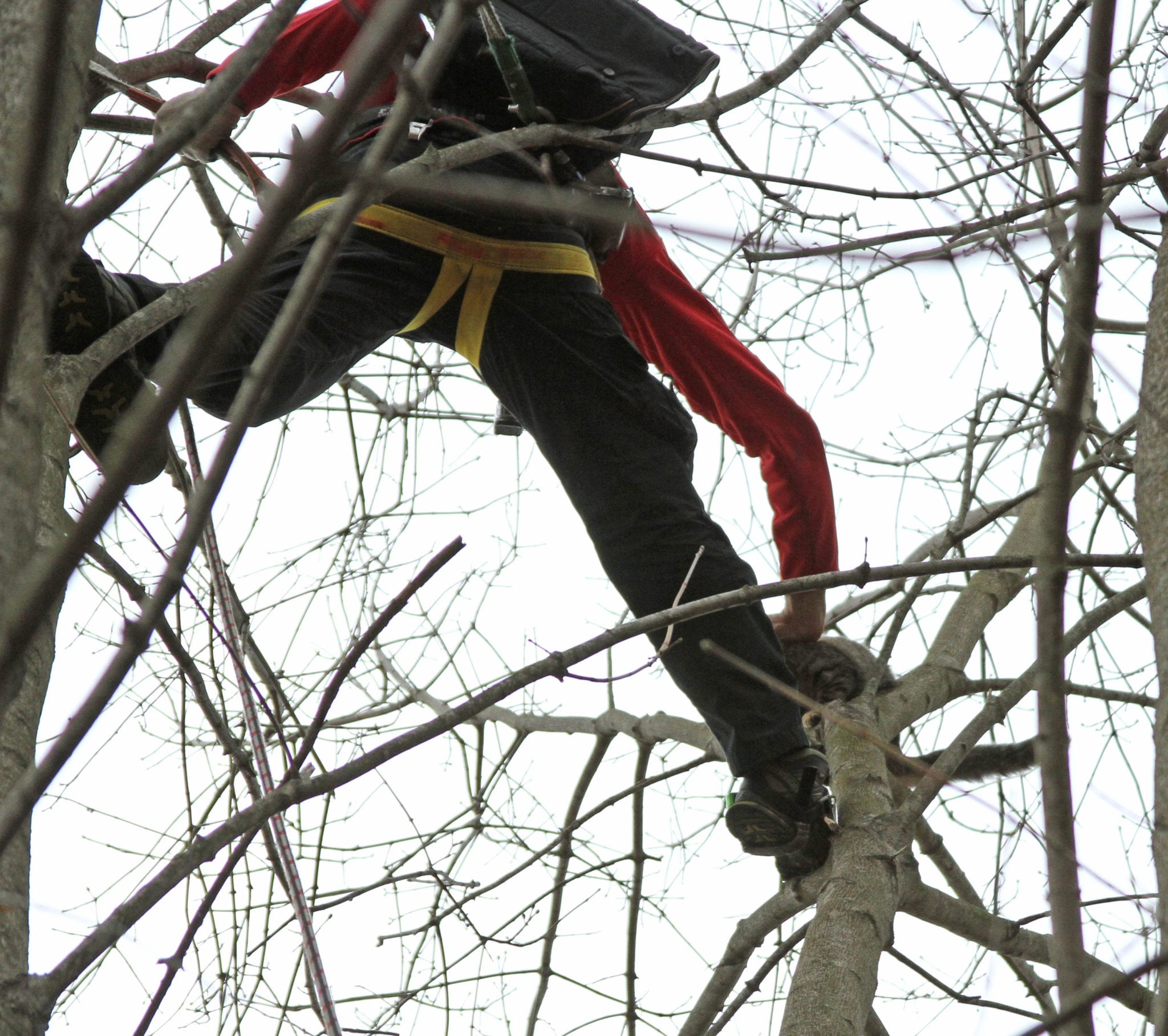
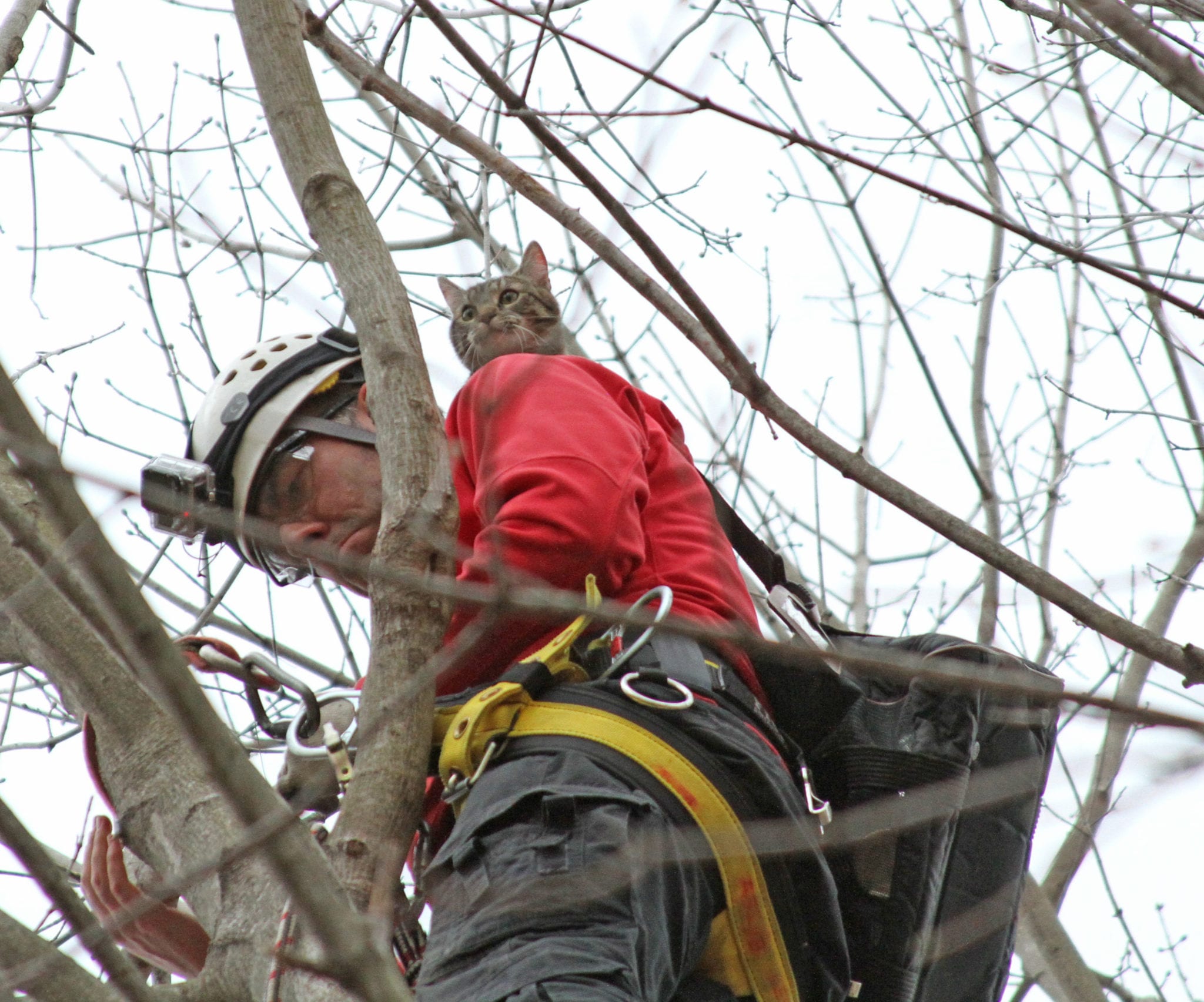
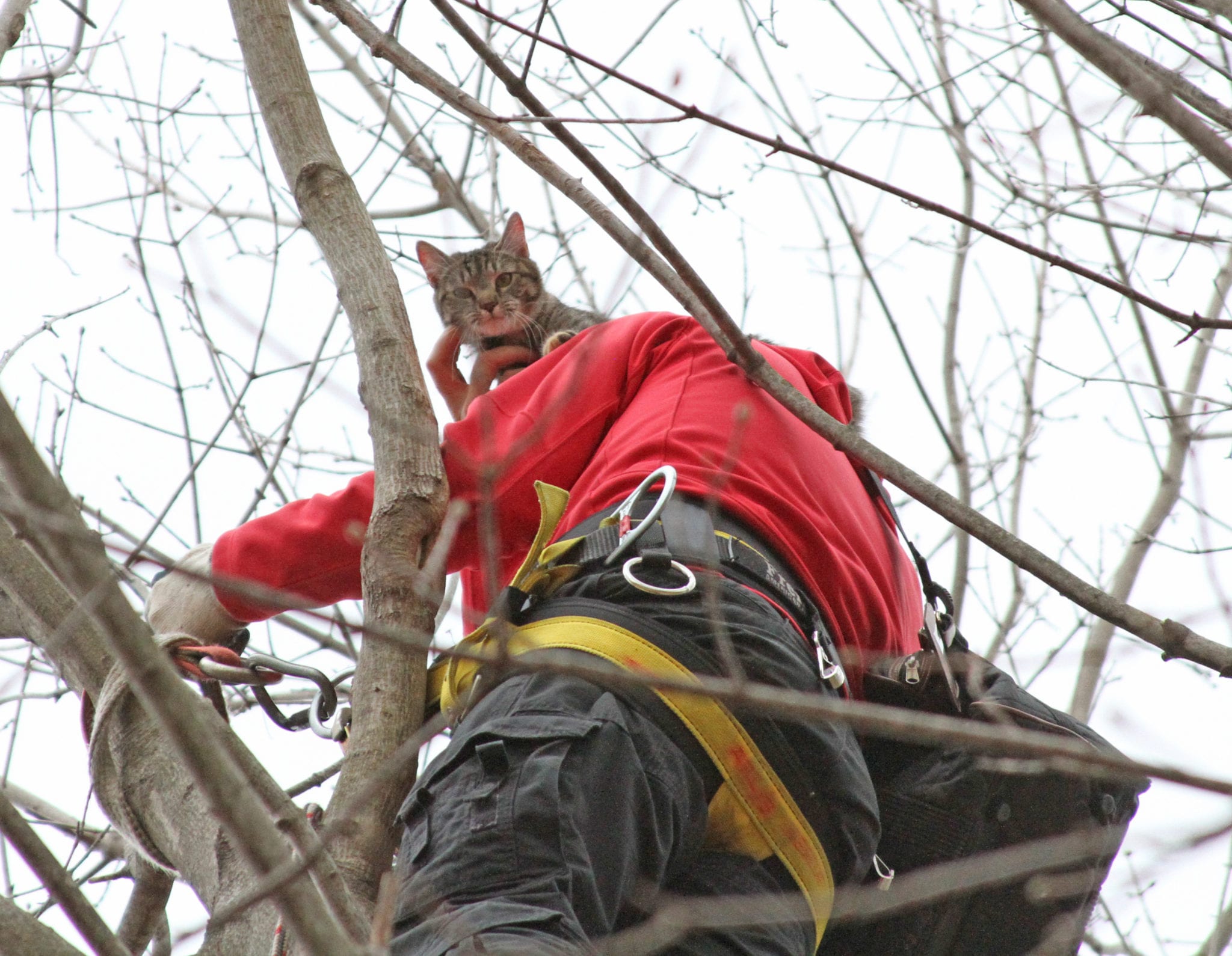
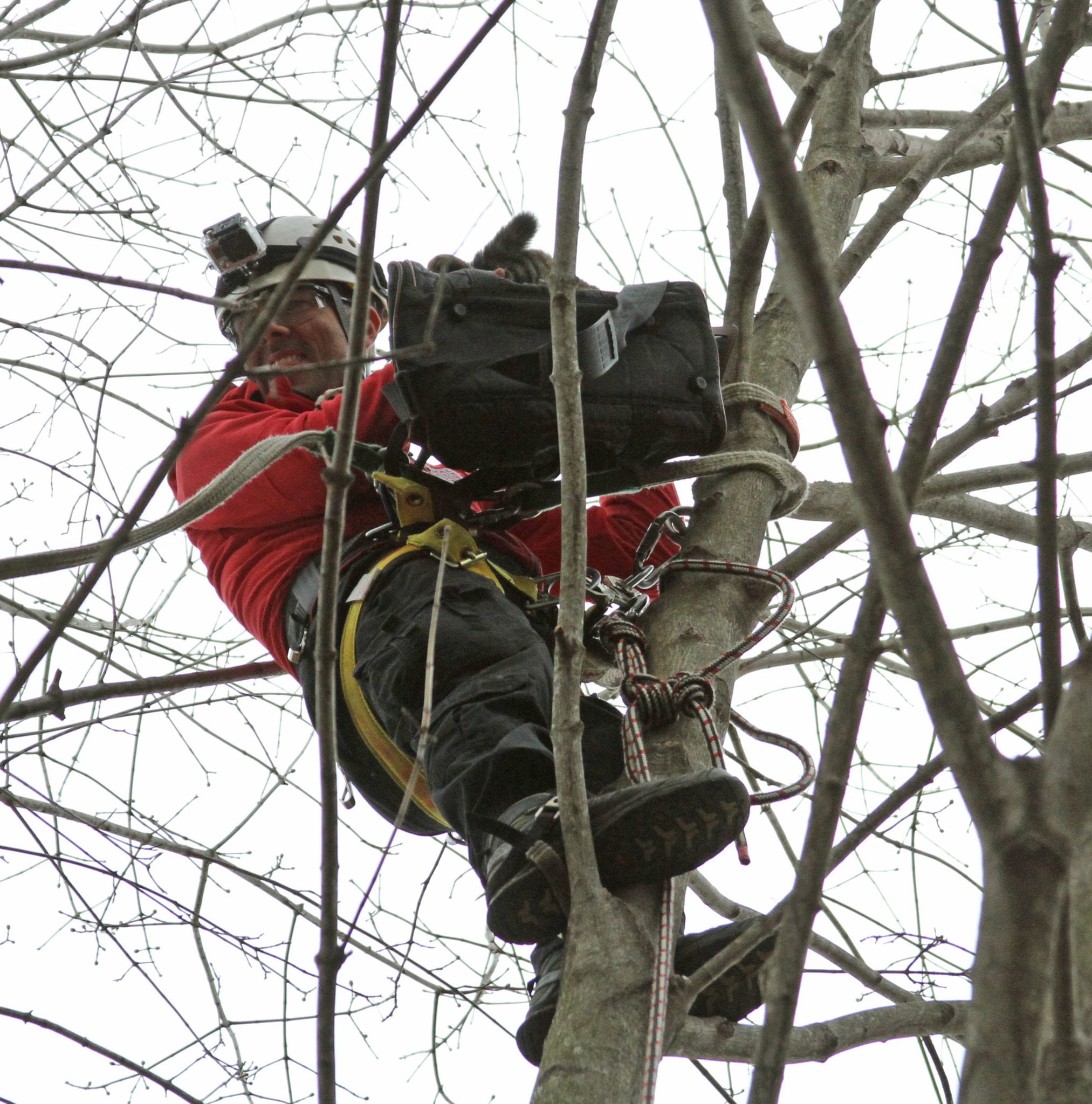
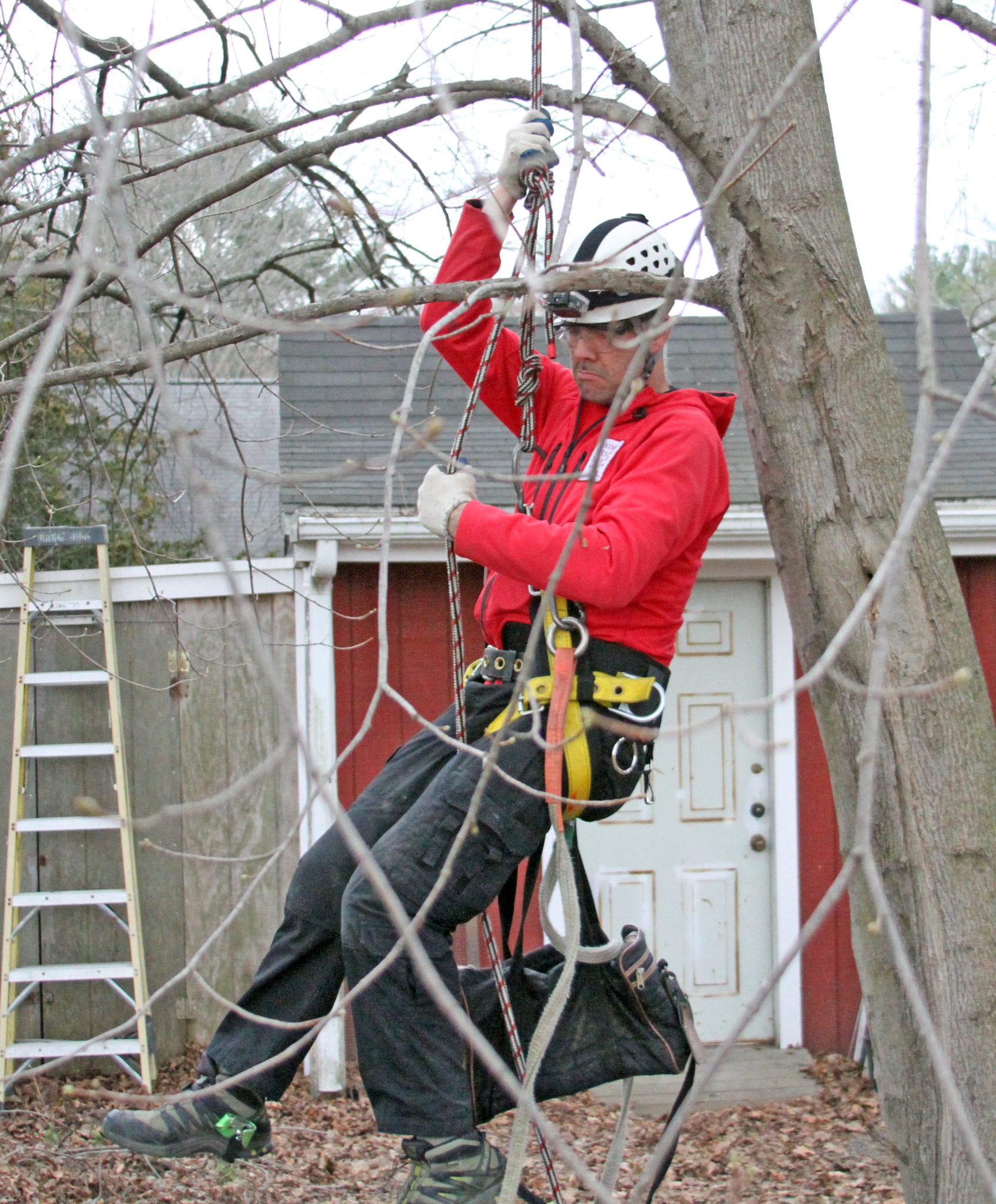

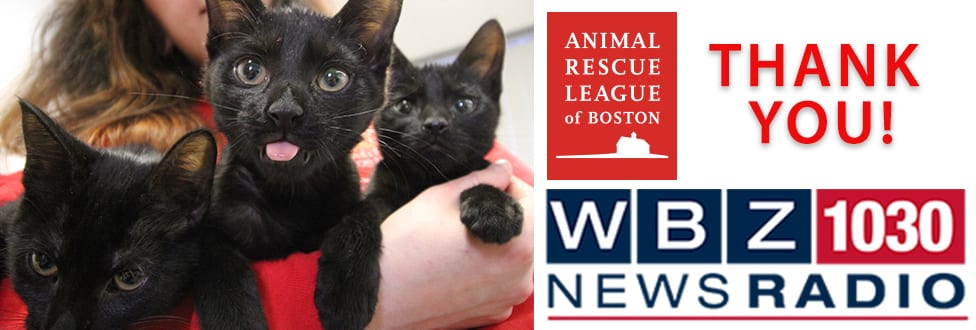

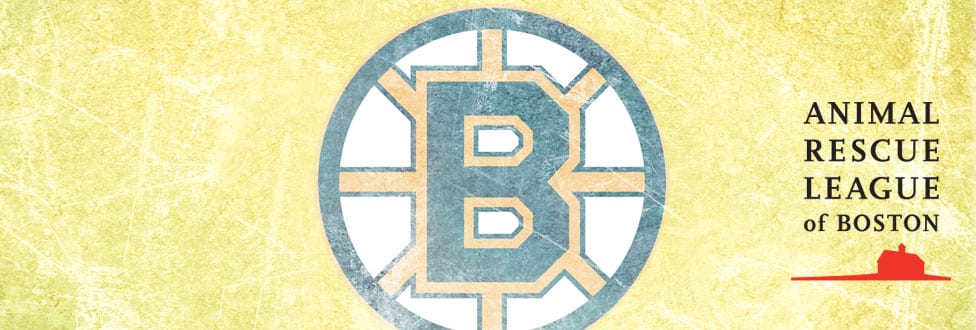
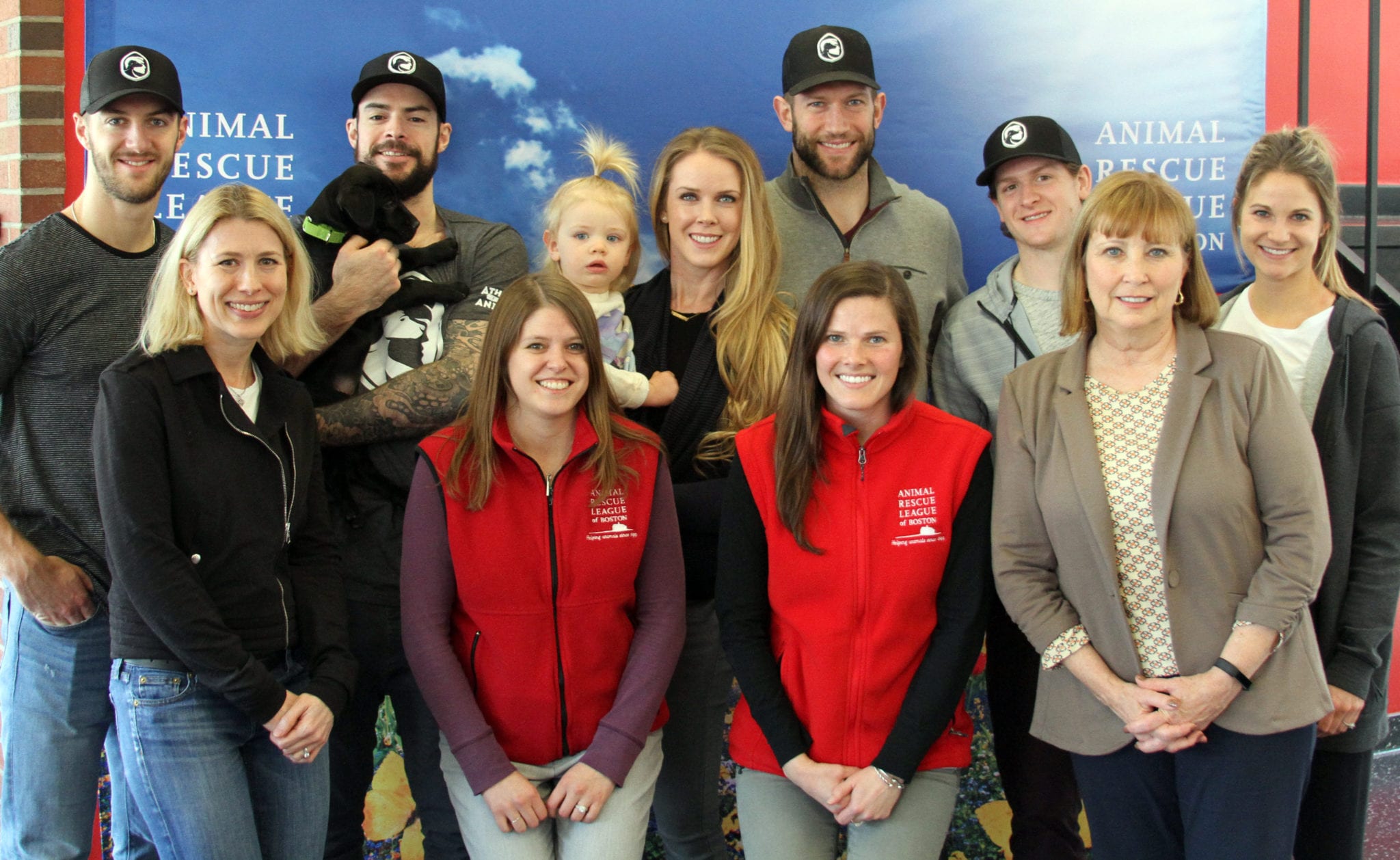
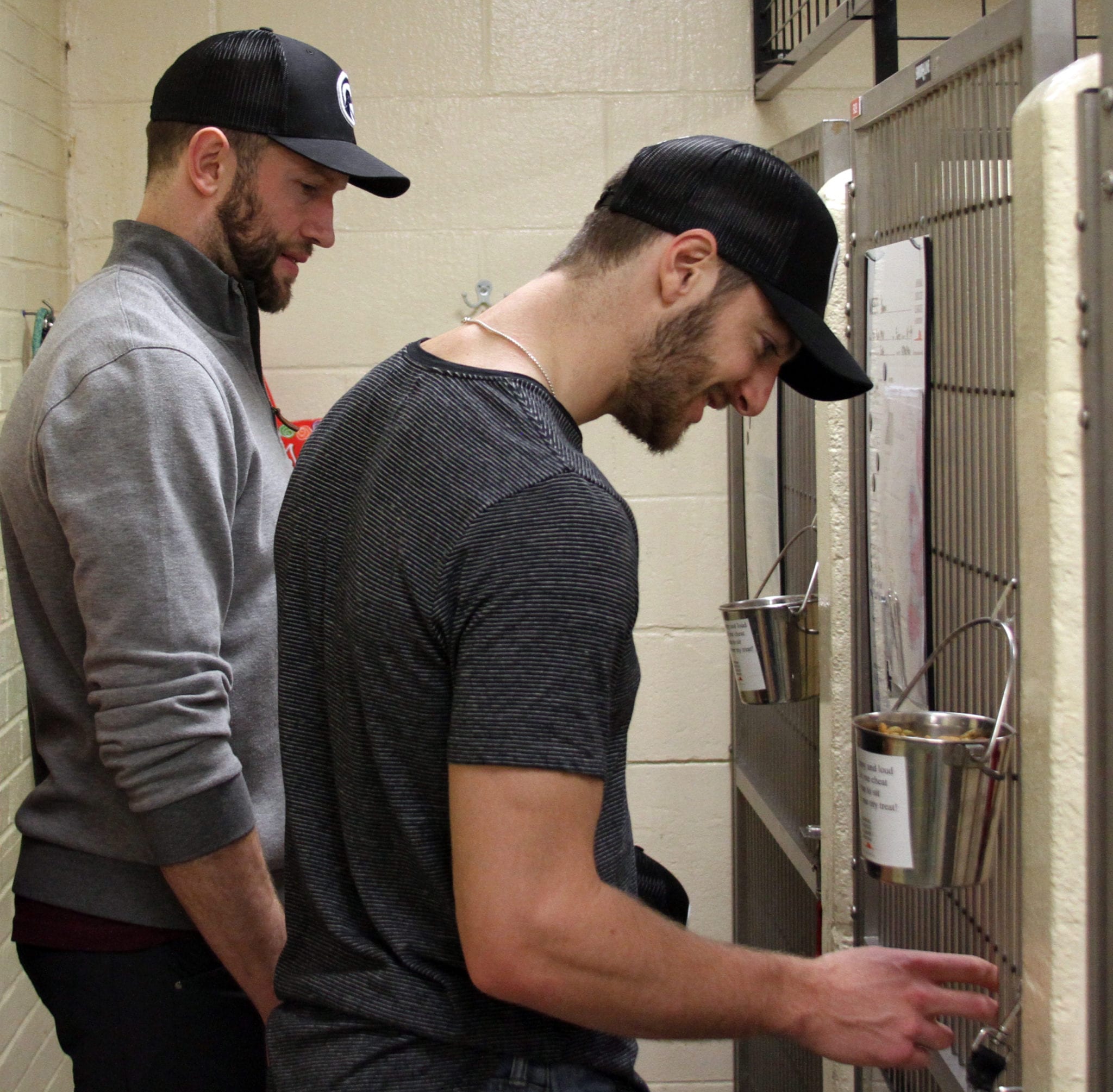
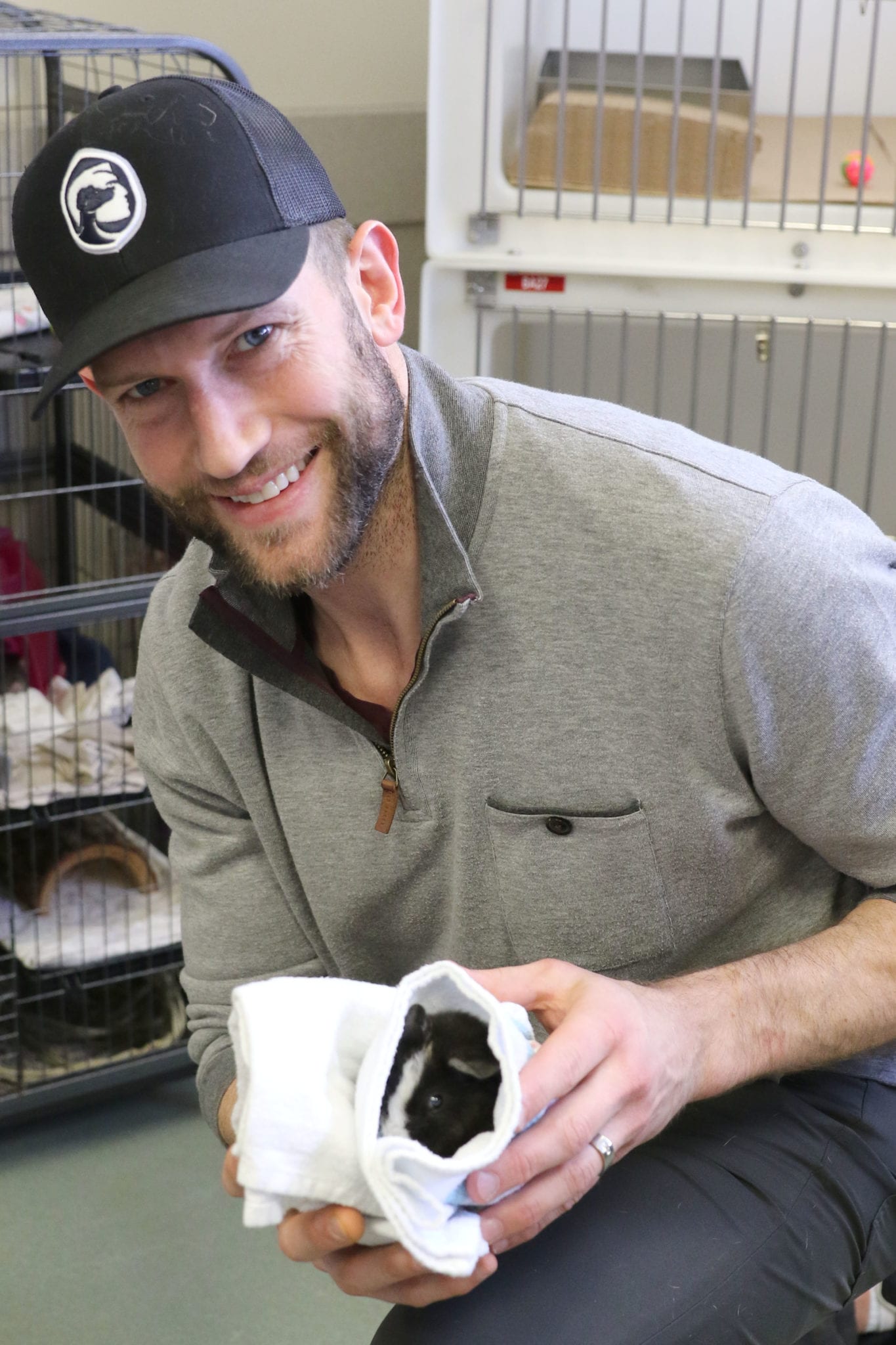
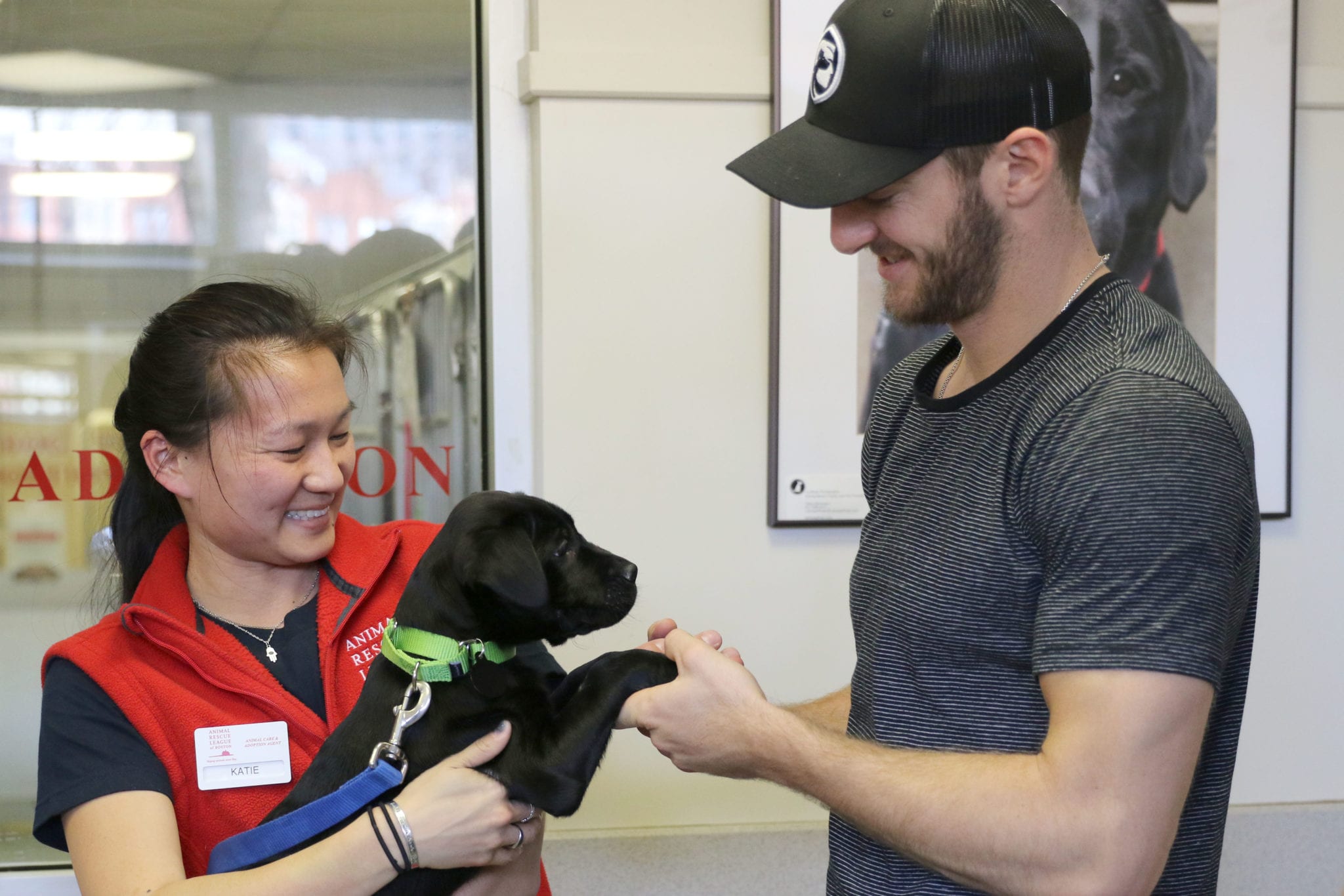
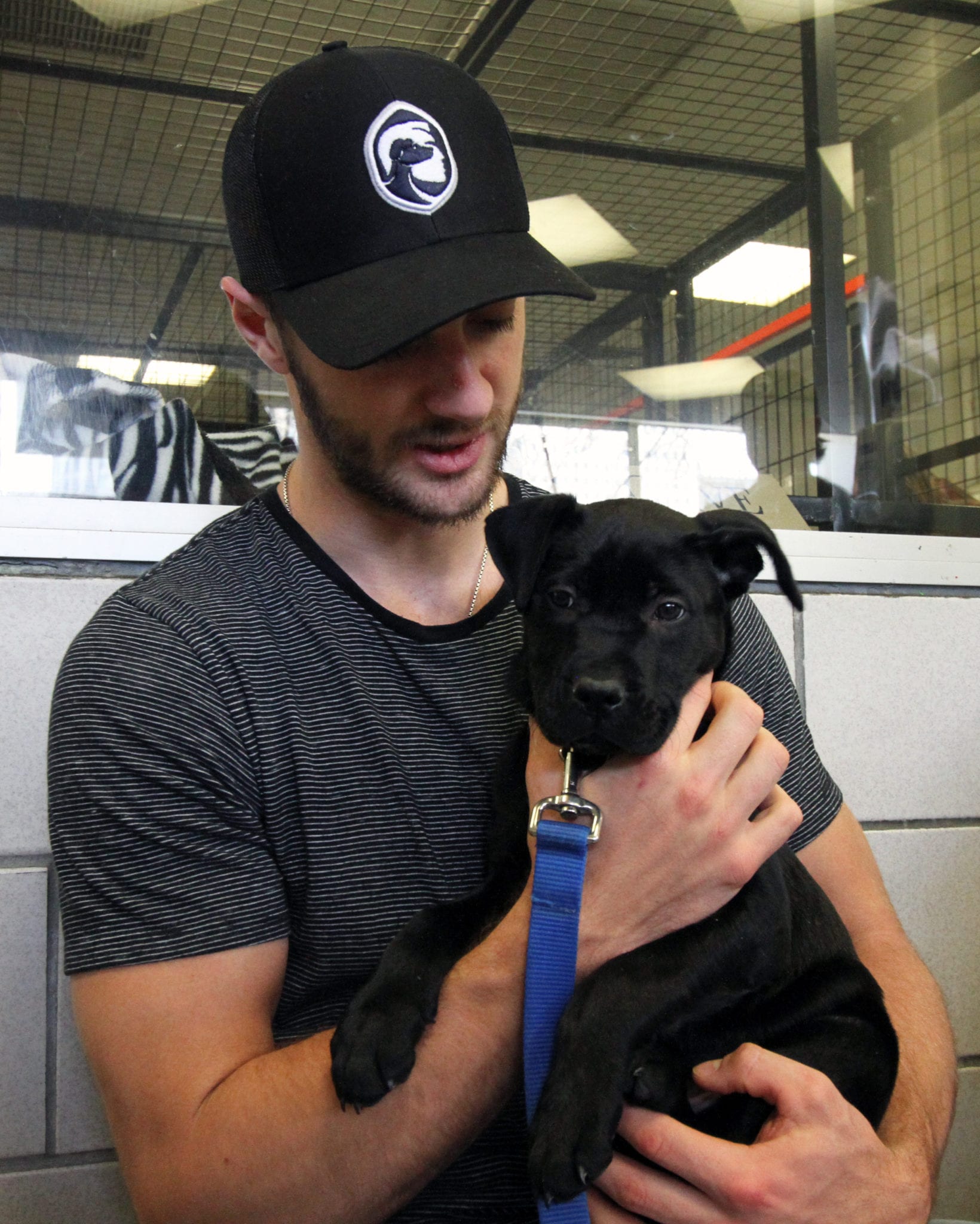
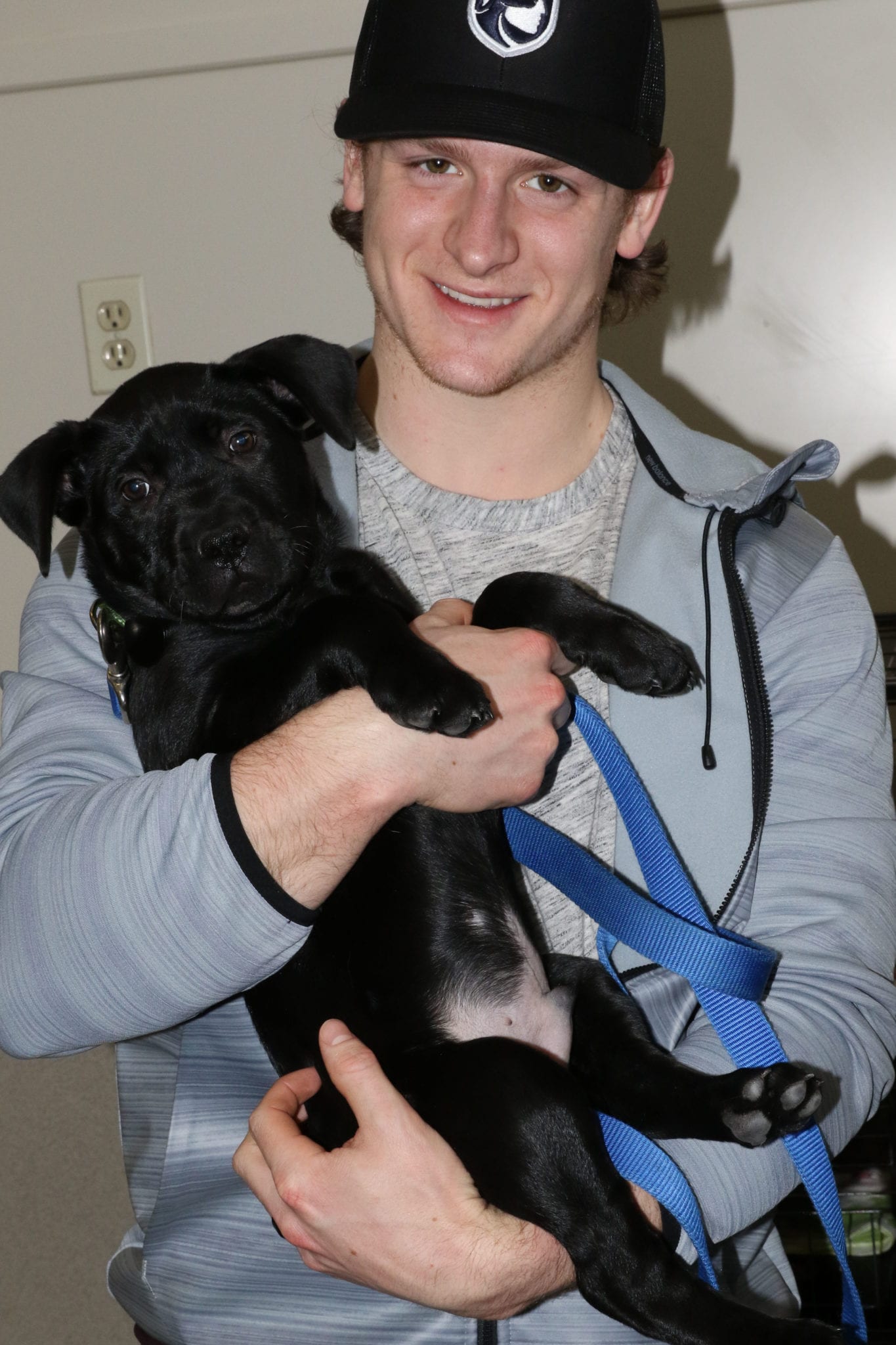


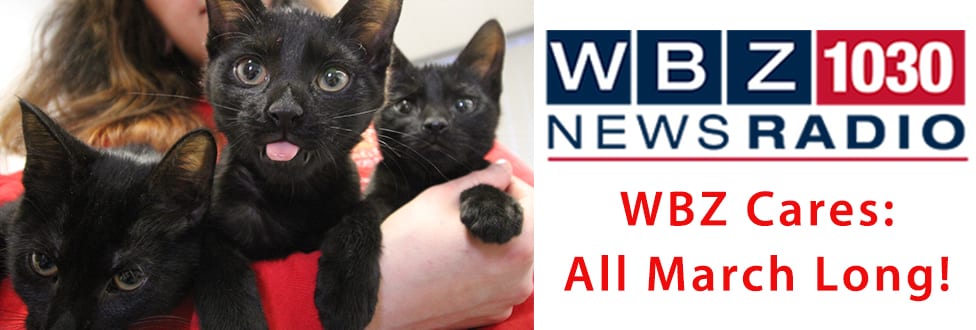
 In 2016, ARL served more than 17,800 animals throughout Massachusetts.
In 2016, ARL served more than 17,800 animals throughout Massachusetts.